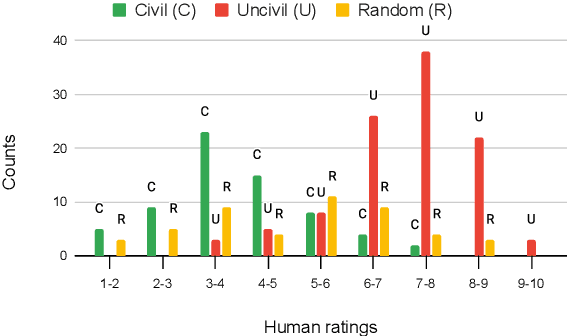Linda Lu
System-Aware Unlearning Algorithms: Use Lesser, Forget Faster
Jun 06, 2025Abstract:Machine unlearning addresses the problem of updating a machine learning model/system trained on a dataset $S$ so that the influence of a set of deletion requests $U \subseteq S$ on the unlearned model is minimized. The gold standard definition of unlearning demands that the updated model, after deletion, be nearly identical to the model obtained by retraining. This definition is designed for a worst-case attacker (one who can recover not only the unlearned model but also the remaining data samples, i.e., $S \setminus U$). Such a stringent definition has made developing efficient unlearning algorithms challenging. However, such strong attackers are also unrealistic. In this work, we propose a new definition, system-aware unlearning, which aims to provide unlearning guarantees against an attacker that can at best only gain access to the data stored in the system for learning/unlearning requests and not all of $S\setminus U$. With this new definition, we use the simple intuition that if a system can store less to make its learning/unlearning updates, it can be more secure and update more efficiently against a system-aware attacker. Towards that end, we present an exact system-aware unlearning algorithm for linear classification using a selective sampling-based approach, and we generalize the method for classification with general function classes. We theoretically analyze the tradeoffs between deletion capacity, accuracy, memory, and computation time.
From Toxicity in Online Comments to Incivility in American News: Proceed with Caution
Feb 06, 2021



Abstract:The ability to quantify incivility online, in news and in congressional debates, is of great interest to political scientists. Computational tools for detecting online incivility for English are now fairly accessible and potentially could be applied more broadly. We test the Jigsaw Perspective API for its ability to detect the degree of incivility on a corpus that we developed, consisting of manual annotations of civility in American news. We demonstrate that toxicity models, as exemplified by Perspective, are inadequate for the analysis of incivility in news. We carry out error analysis that points to the need to develop methods to remove spurious correlations between words often mentioned in the news, especially identity descriptors and incivility. Without such improvements, applying Perspective or similar models on news is likely to lead to wrong conclusions, that are not aligned with the human perception of incivility.
 Add to Chrome
Add to Chrome Add to Firefox
Add to Firefox Add to Edge
Add to Edge